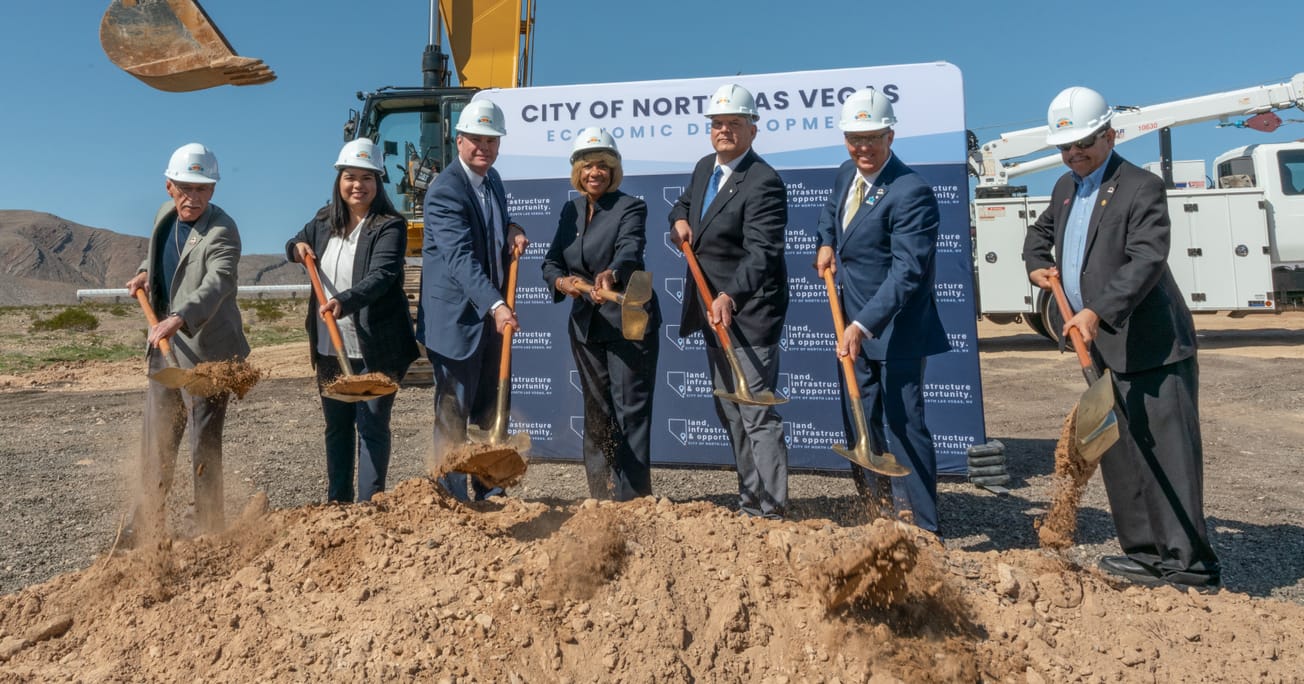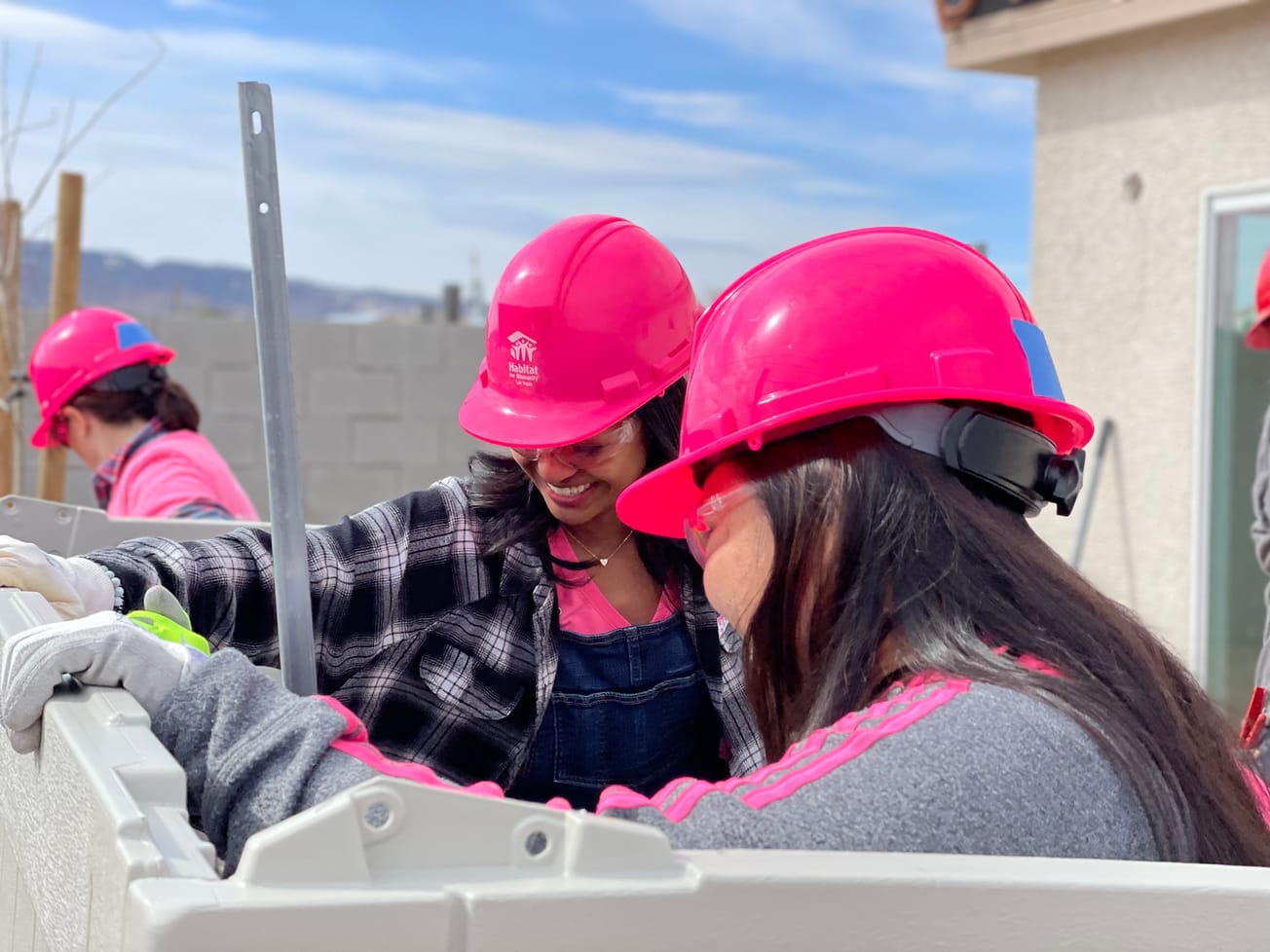Today, U.S. Senator Catherine Cortez Masto (D-NV) passed legislation to support economic development initiative at Apex Industrial Park and upgrade water infrastructure in Southern Nevada through the Senate Energy and Natural Resources Committee. Both bills passed with bipartisan support and will now advance to the full Senate for consideration.
The Apex Area Technical Corrections Act will expedite the permitting process for new and existing businesses to expand operations at Apex Industrial Park, which has over 7,000 acres of developable land in North Las Vegas.
When the Apex Industrial Park was created in 1989, Congress passed legislation to transfer federal land to Kerr-McGee, a former U.S. chemical company, and to other private ownership. However, the Bureau of Land Management maintained control over large utility corridors that crisscross the whole development. Currently, every business that wants to start construction or expand at Apex has to go through a complicated permitting process with the BLM to get permission to run their sewer, gas, power, access roads, and broadband lines across those BLM-controlled corridors.
In the original 1989 law, Clark County originally had authorization to facilitate a shorter process, but now it is the City of North Las Vegas and the Apex Industrial Park Owners Association who has primary management of the site, not the County. Without an update to the original legislation, the City and Association do not have the authority to permit new pipelines, power connections, or roads for businesses and their facilities, causing delays that can last years.
Cortez Masto’s bill will expedite the permitting process and allow the City of North Las Vegas and the Apex Industrial Park Owners Association to issue permits and get new and existing businesses the utilities they need to operate. Companion legislation has been introduced in the U.S. House of Representatives by Congressman Steven Horsford (D-NV-04).
The second bill passed through the Senate Energy and Natural Resources Committee is the Sloan Canyon Conservation and Horizon Lateral Water Pipeline Act, which will ensure Southern Nevada Water Authority’s (SNWA) Horizon Lateral water pipeline project can be constructed underground through Sloan Canyon National Conservation Area (NCA), improve Las Vegas’s water system and protecting residents from outages without pulling any additional water from Lake Mead.
Currently, SNWA operates one large water pipeline that serves approximately 40% of the residents and businesses in the Las Vegas valley, including the entire City of Henderson. About a million people in Henderson and southern part of the Las Vegas valley get the water from the current pipeline, which is expected to reach capacity in about ten years.
The Las Vegas valley needs another water pipeline in order to improve the reliability and capacity of the existing water system. After engaging with stakeholders, SNWA determined the safest, most effective, and least disruptive route for the Horizon Lateral would be via an underground pipeline through the Sloan Canyon NCA, as opposed to constructing it through the City of Henderson.
This new route would save $200 million and have the capacity to carry 375 million gallons of water per day to Henderson and the Southern Las Vegas valley. Cortez Masto’s bill facilitates the responsible construction of this new pipeline, while expanding the Sloan Canyon National Conservation Area by 9,290 acres.









